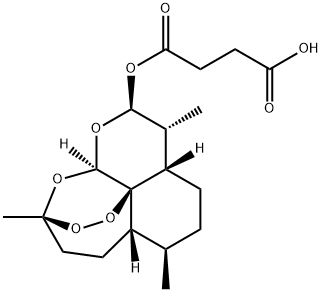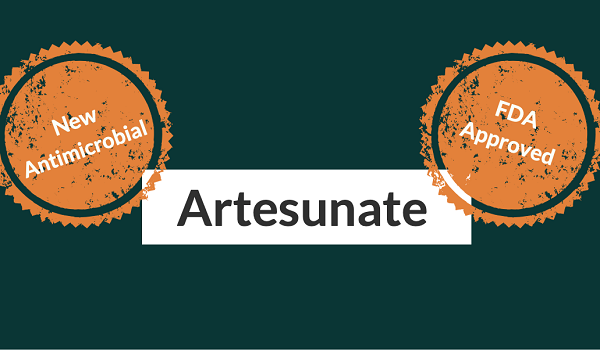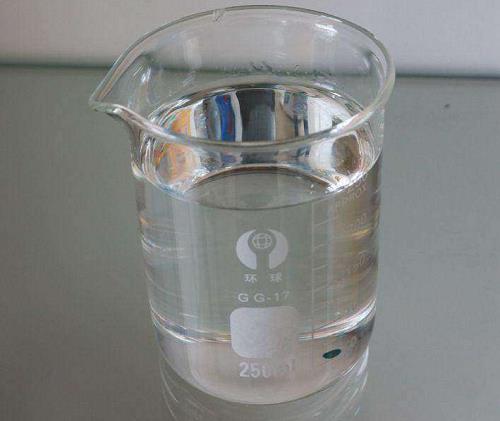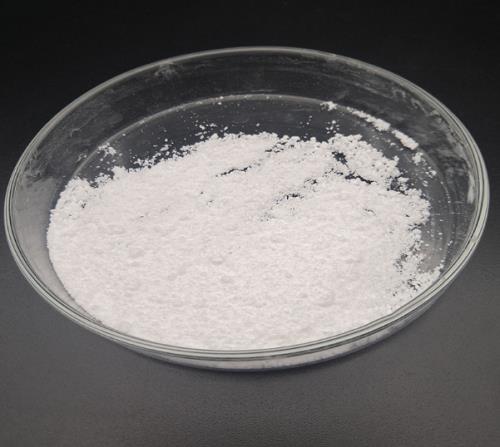Antitumor activity and Therapeutic Applications of Artesunate
Artesunate (ART), also known as dihydroartemisinin-12-succinate, is a semisynthetic peroxide-bridged sesquiterpene lactone compound derived from artemisinin, which is the bioactive component of the Chinese medicinal herb Artemisia annua. Its synthesis from artemisinin involves a two-step process of reduction using diisobutylaluminum hydride followed by esterification with succinic anhydride. Artesunate serves as a first-line treatment for severe malaria when administered alone and is also used in combination therapy for non-severe malaria cases.
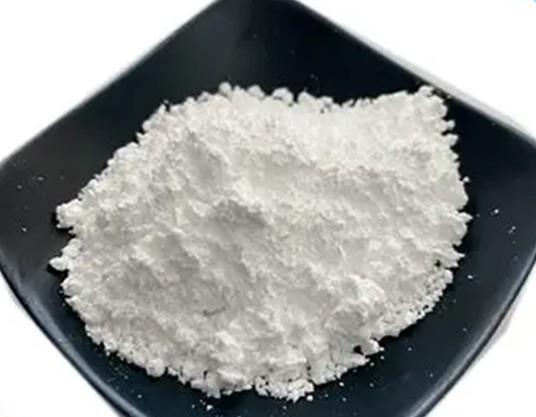
Figure1: Picture of Artesunate
Introduction
Artesunate, a semisynthetic artemisinin derivative, is well-established as a first-line antimalarial agent and has also demonstrated broad biological activity against various cancers and viruses, along with additional pharmacological properties including antidiabetic, anti-inflammatory, anti-atherosclerotic, and immunosuppressive effects. For administration, it can be encapsulated in liposomes either alone or in combination with other therapeutics, and delivered via multiple routes such as intragastric, intravenous, oral, or parenteral, with its biological activity stemming from the modulation of key cellular pathways.
Structure–Property Relationship
Artesunate's pharmacological activity depends critically on its 1,2,4-trioxane core containing an endoperoxide bridge. Compared to artemisinin, ART demonstrates superior absorption, solubility, and pharmacokinetic properties, with administration routes including intramuscular, oral, rectal, and intravenous. Following oral administration, ART exhibits a short half-life (20-45 minutes) during which it undergoes esterase-catalyzed hydrolysis to form dihydroartemisinin—the active metabolite ultimately responsible for artesunate's antimalarial effects.
Antitumor activity
Artesunate demonstrates significant antitumor activity through multiple mechanisms, including the induction of non-apoptotic cell death via autophagy, oncosis, and ferroptosis. It also targets key hallmarks of cancer progression by suppressing tumor cell proliferation and invasion, inducing cell cycle arrest, disrupting oncogenic signaling pathways, promoting oxidative stress, and triggering apoptotic cell death, while additionally exerting anti-angiogenic and anti-metastatic effects. Studies on the trimeric ART derivative TF27 have revealed that artesunate interacts with human cytomegalovirus through exportin-mediated, mitochondrial, and NF-κB signaling pathways. Furthermore, artesunate has been reported to possess anti-atherosclerotic, anti-inflammatory, and immunosuppressive properties, all of which are central to the focus of this review on its broad therapeutic potential. [1]
Action of Artesunate on Malaria
Artesunate exerts its antimalarial effect through a multi-faceted mechanism initiated by its metabolic conversion to the more stable dihydroartemisinin. The **artesunate**-derived reactive species demonstrate particular efficacy through iron-activated cleavage of the essential endoperoxide bridge within the malaria parasite, generating reactive oxygen species and carbon-centered radicals that alkylate heme and critical parasite proteins. This process is enhanced by artesunate's ability to disrupt heme detoxification through formation of heme-drug adducts that prevent hemozoin formation, leading to toxic heme accumulation. The selective toxicity of **artesunate** toward parasite-infected erythrocytes results from both its preferential accumulation through hemozoin binding and the iron-dependent activation of its endoperoxide bridge, ultimately causing comprehensive oxidative damage to parasite membranes and cellular components. [1]
Therapeutic Effects
Artesunate demonstrates recognized efficacy against multiple cancer types including liver cancer, leukemia, and breast cancer. Beyond the essential endoperoxide group in its structure, the heme produced by cancer cells significantly contributes to artesunate activation, leading to abundant free radical generation that causes damage to malignant cells. The anticancer mechanisms of artesunate involve modulation of diverse cellular processes and pathways, such as inducing cell cycle arrest, inhibiting angiogenesis and ferroptosis, triggering apoptosis, suppressing proliferation, and promoting autophagy. [1]
Therapeutic Applications
Artesunate (ART), a semisynthetic derivative of artemisinin from the Chinese herb Artemisia annua, demonstrates significant antimalarial efficacy against multidrug-resistant Plasmodium falciparum and P. vivax. In an evaluation of its antitumor activity across 55 cancer cell lines from the National Cancer Institute's Developmental Therapeutics Program, Artesunate exhibited the strongest activity against leukemia and colon cancer cell lines (mean GI₅₀ values: 1.11 ± 0.56 μM and 2.13 ± 0.74 μM, respectively), while showing the lowest sensitivity toward non-small cell lung cancer cells (mean GI₅₀: 25.62 ± 14.95 μM). Intermediate inhibitory effects were observed against melanoma, breast, ovarian, prostate, central nervous system, and renal cancer cell lines. Notably, the cytotoxicity of Artesunate occurred at molar concentrations comparable to conventional antitumor agents, and no cross-resistance was observed in CEM leukemia sublines resistant to doxorubicin, vincristine, methotrexate, or hydroxyurea, which are not part of the NCI screening panel. [2]
Reference
[1] Thomas Efferth, The Antiviral Activities of Artemisinin and Artesunate, Clinical Infectious Diseases, 2008, 47: 804–811.
[2] Efferth T, The anti-malarial artesunate is also active against cancer. International Journal of Oncology, 2001, 18: 767-773.
You may like
Related articles And Qustion
See also
Lastest Price from Artesunate manufacturers

US $0.00-0.00/g2025-05-21
- CAS:
- 88495-63-0
- Min. Order:
- 100g
- Purity:
- 99%
- Supply Ability:
- 288kg

US $0.00/KG2025-04-24
- CAS:
- 88495-63-0
- Min. Order:
- 1KG
- Purity:
- 0.99
- Supply Ability:
- 1000KG
